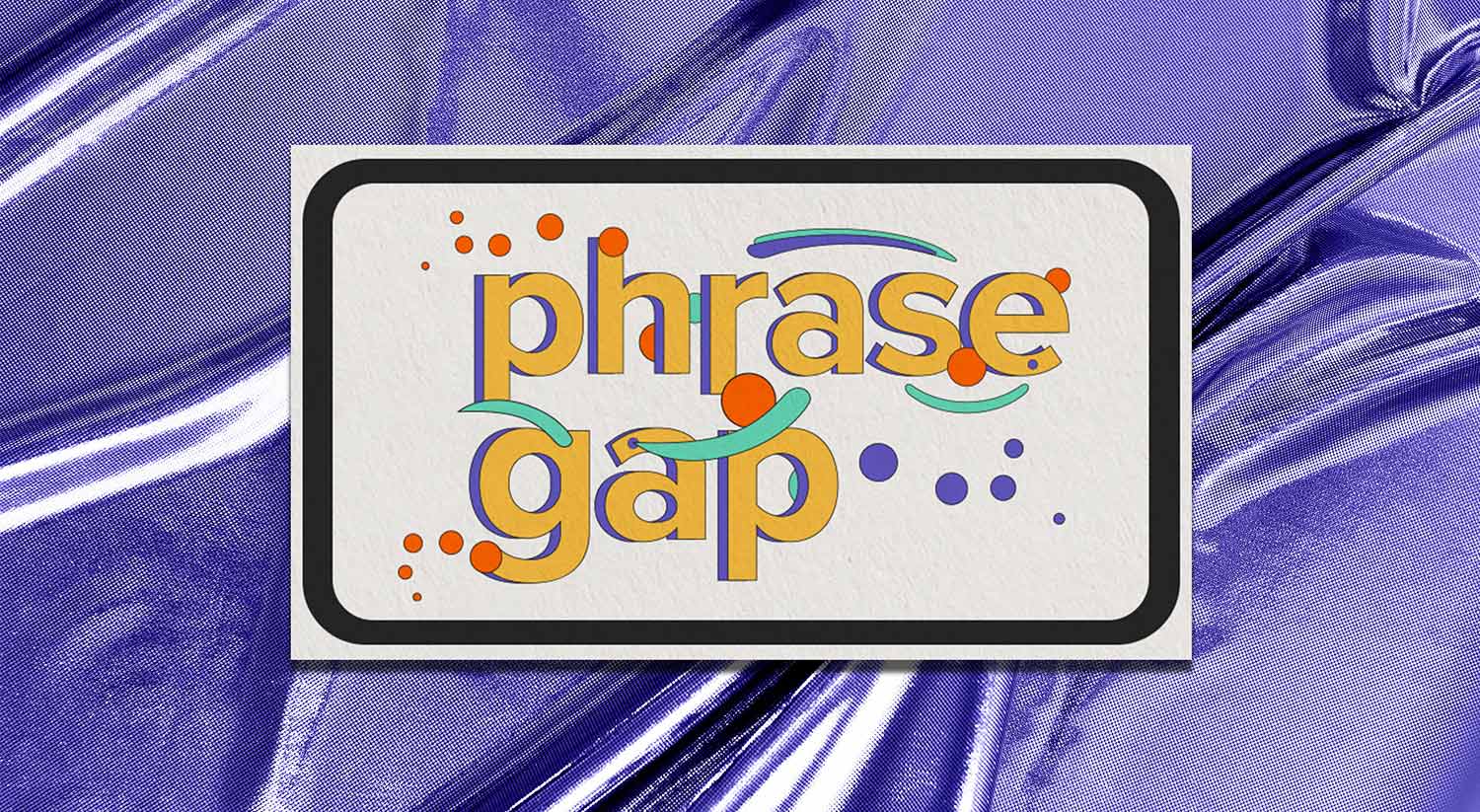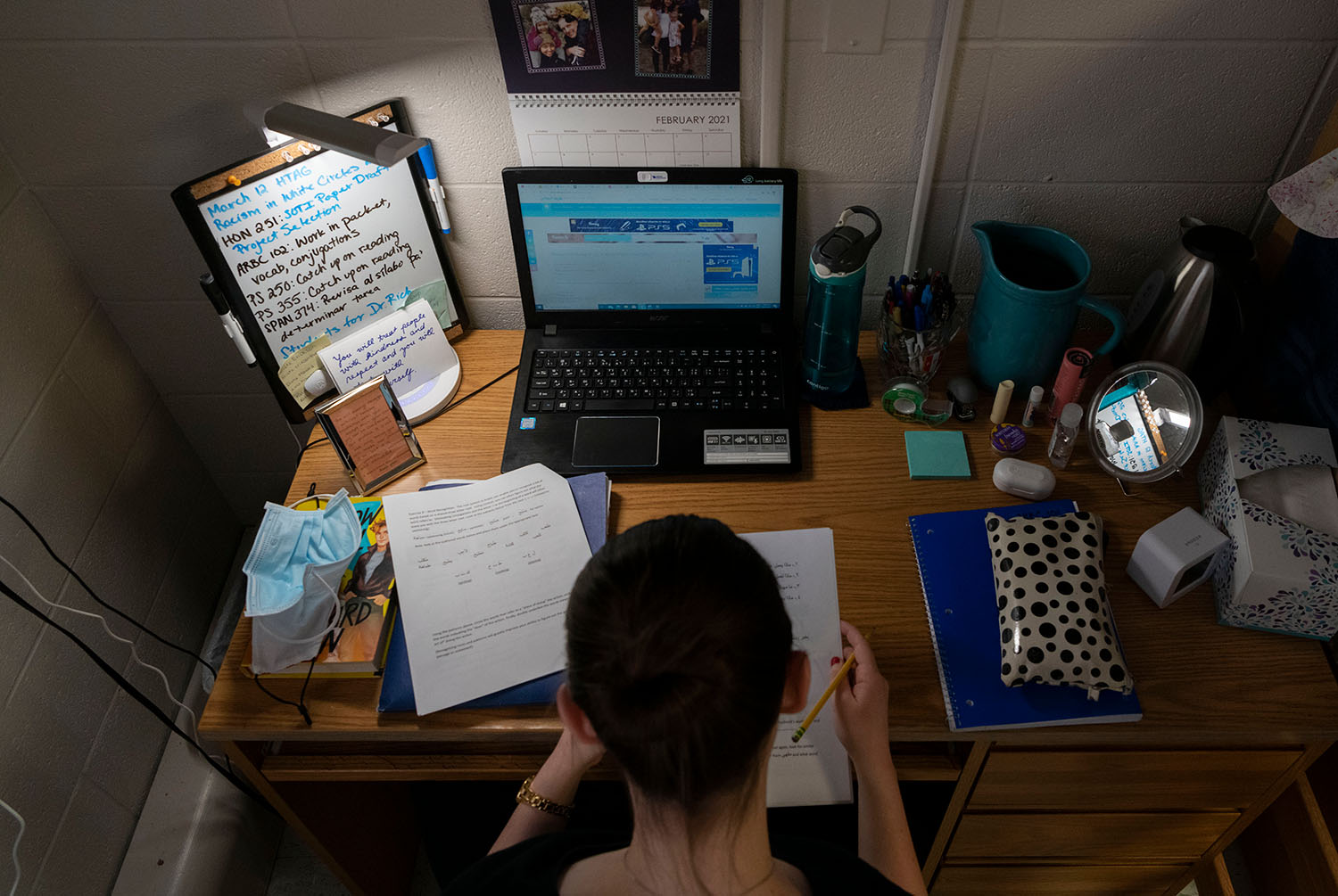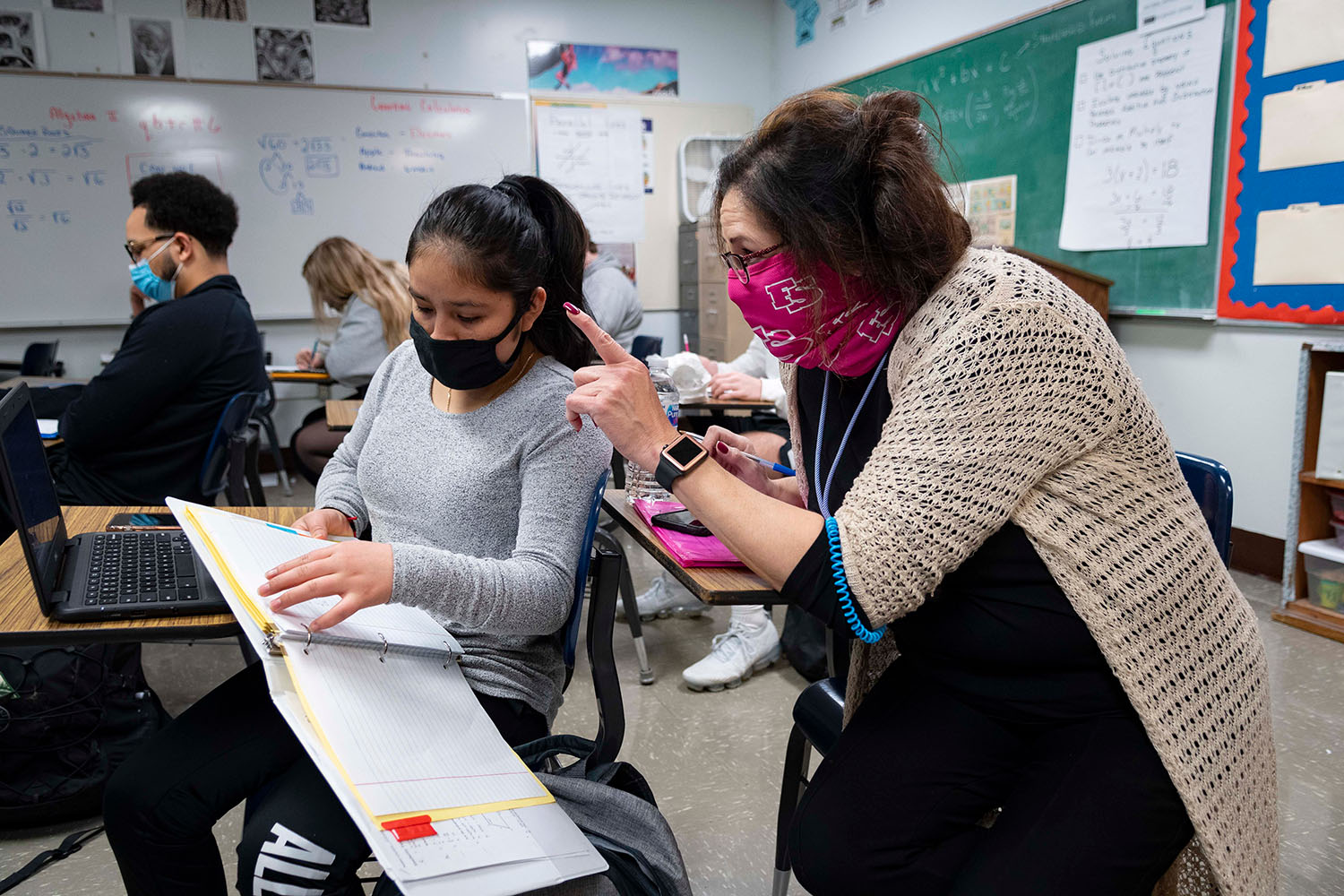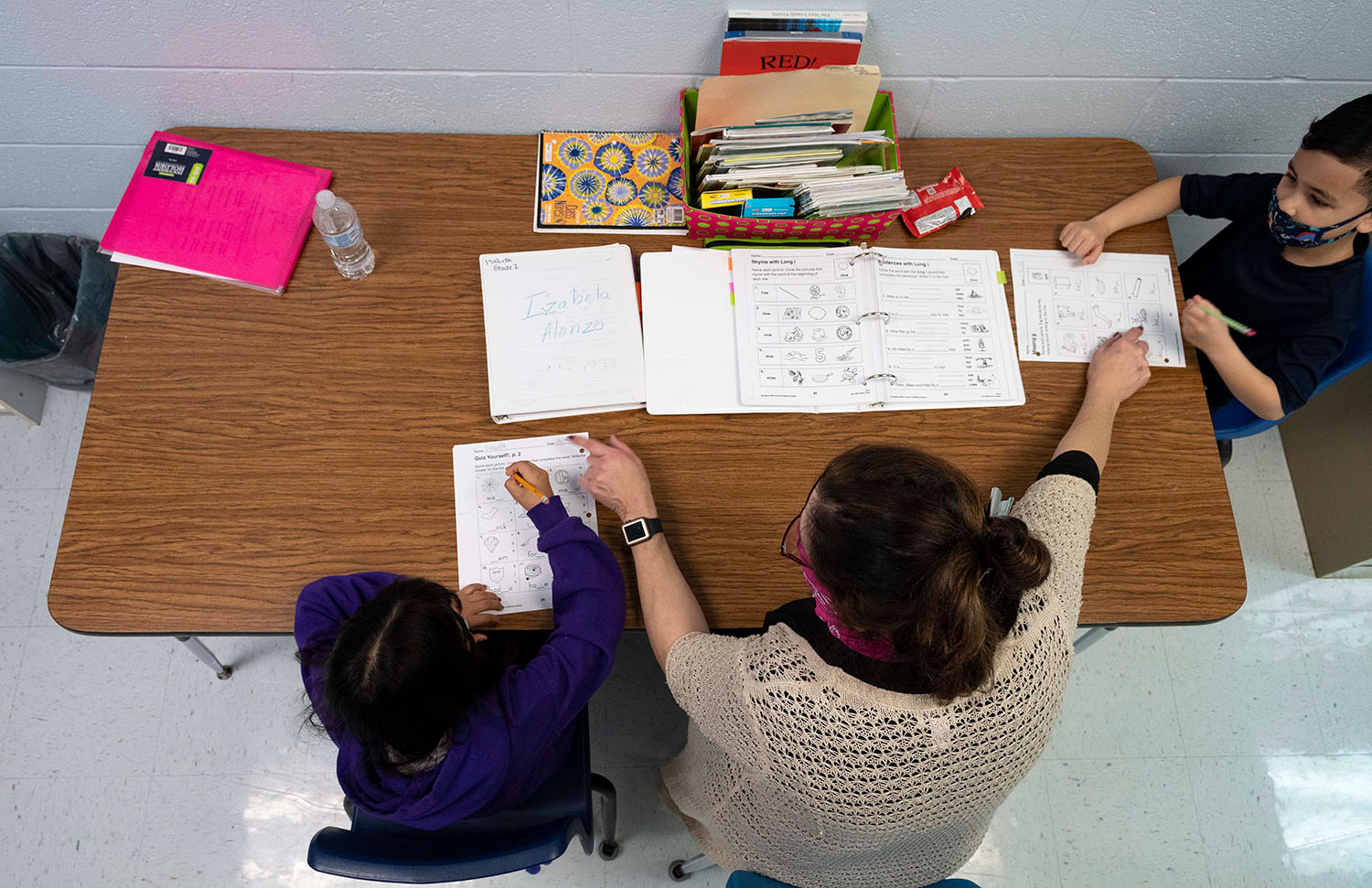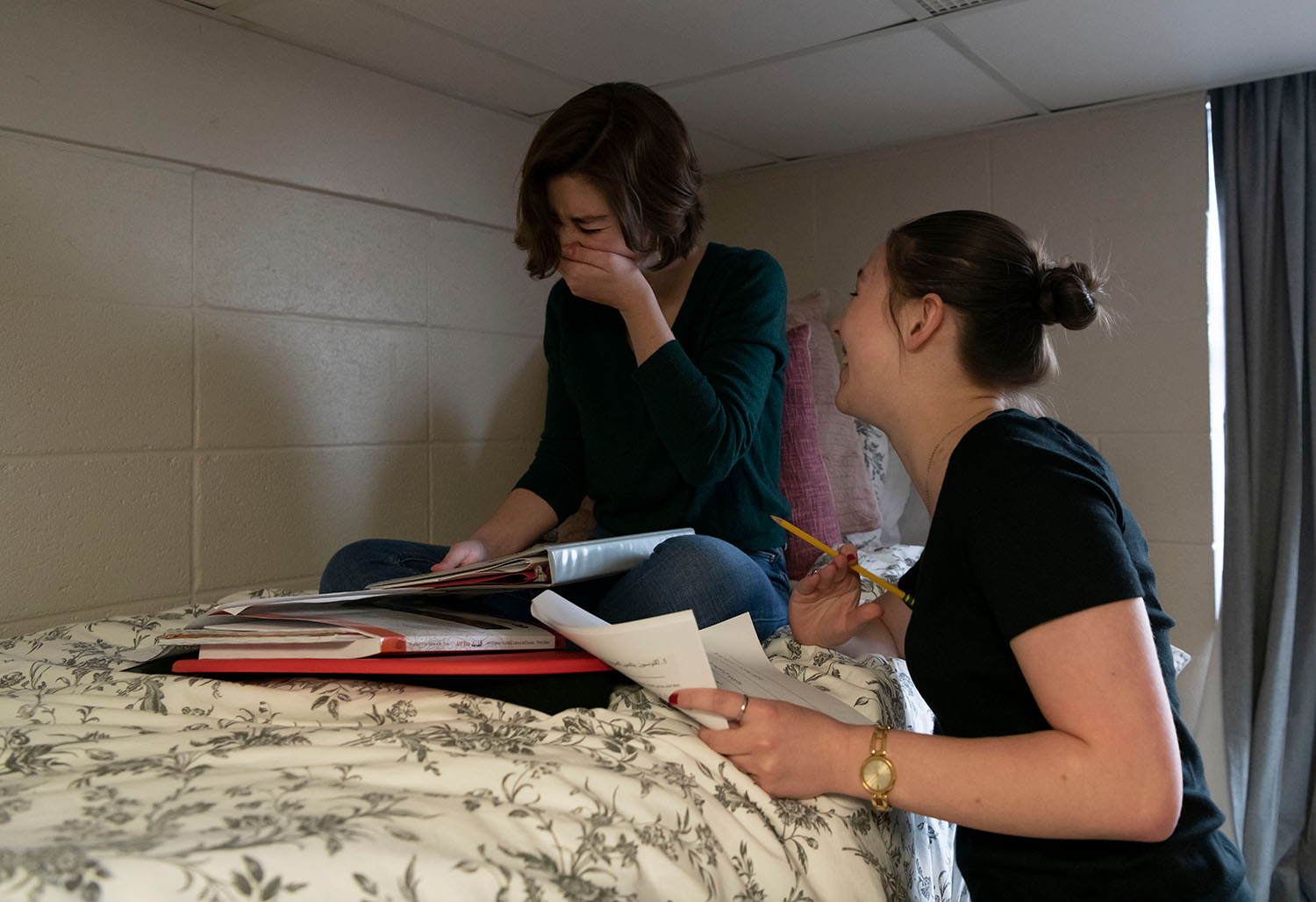“Exchange isn’t a year in your life, it’s a life in a year,” said Aurora Speltz, a freshman from Richmond, Kentucky.
Speltz was one of the only students who spoke proficient Spanish during her student exchange experience in Peru in her junior year of high school. She said that other students nominated her as the spokesperson of the group, and they all became very close.
“I was living in a city with 22 other foreign exchange students representing seven different countries, so the relationships I built with those students were really important to me,” Speltz said.
According to Pew Research Center, 92% of European students are learning at least one foreign language in school.
Compared with the U.S., this statistic is drastically different. The U.S. only has a 20% foreign language enrollment in K-12 learning, according to The American Councils for International Education in a 2017 study. Trini Stickle, a linguist and WKU English professor, has seen an increasing need for multilingualism throughout her career.

